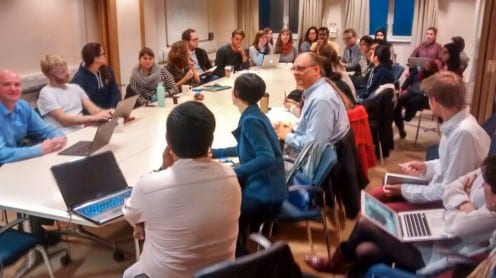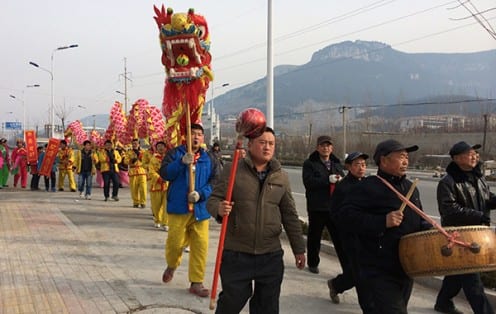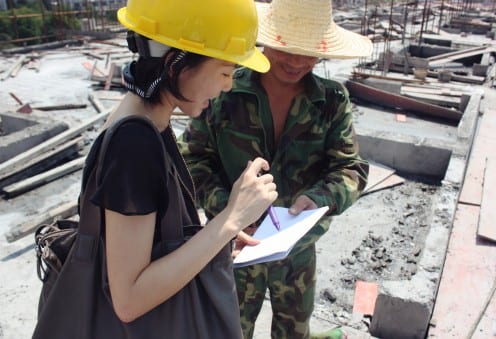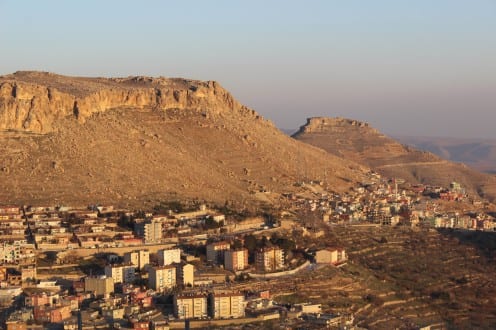Why is Facebook so important for highly-educated unemployed people?
By Razvan Nicolescu, on 18 December 2014

The satirical blog spinoza.it is a most famous result of the phenomena I am describing in this post. With more than 500k followers on Facebook and more than 600k on Twitter, lines taken over by Italian celebrities like Roberto Benigni, and its own publication line, it is the result of the creativity of highly-educated Italian young adults who are outside the formal employment. The subtitle of the blog reads A very serious blog.
According to official data, the unemployment rate in South Italy drops dramatically with age and less dramatically with level of education. In 2013, unemployment was 51% for 15-24 year olds, 30% for 25-34 year olds, and then 16% for 35-44 year olds. In the same year, unemployment among 15-24 year olds was 56% for people with elementary or no studies, 54% for people with secondary school studies, and then to 50% for people with high school or vocational school. Similarly, for 25-34 year olds, unemployment rate was 36% for people with secondary school studies and 30% for people with graduate studies. It is after 35 years old when people with graduate studies find more work than those with lower studies.
Grano is by no means an exception. Many highly educated that live in the town could not find stable jobs until their late thirties and early forties. As I explain in my forthcoming book on social media use in South Italy, this is due to a combination of factors: firstly, and most importantly, there is no need in the local market for their specialisations: typically graduates in human sciences work on a temporary basis in food, tourism, and retail services. Secondly, specific social and economic conditions prevent people from undergoing professional reconversion or entrepreneurship: the Italian society structures individuals from very little ages to engage in, and be very faithful to, very separate cultural trajectories, such as a very defined difference between working class and public intellectuals. Thirdly, people who were educated for many years in prestigious universities in Rome, Bologna, or Milano, have a strong reticence to join the local system of networks and favours that could assure to many of them a good workplace, such as public servants.
Therefore, they are faced with the problem of how highly-educated people can do something lucrative while also making use of their very specific, and burning, cultural and social capital? The answer is through Facebook! This is more puzzling as most of these people have ambivalent feelings, or even genuinely hate this particular service.
Let’s take Bianca: she has 42 years old, is unemployed and has a masters degree in geography. She never thought she needed more than her basic Nokia phone to communicate, and joined Facebook just a few months ago. She did that mainly because she needed to be part of the Facebook group created by the small ecological association she is part of. Now, she enjoys posting about social, ecological, and sometimes political issues, and always takes brave and penetrating positions. By doing this, she established in Grano her reputation as a strong social and environmental activist.
Salvatore is 36 years old, holds a degree in Letters and never had a stable workplace. He is a quite active member of the local organisation of one of the few left-wing parties. Salvatore is renowned as an intelligent and witty character and loves to upload on Facebook comprehensive political comments and share news accompanied by smart remarks that usually attract a good number of ‘Likes’ or comments.
Indeed, just and Bianca and Salvatore, many highly educated unemployed who live in Grano started over the last couple of years to use Facebook quite intensively. This seems to be in relation to their need to build and advertise a certain cultural capital: all along the period of scarce employment, highly-educated unemployed have an acute need to express what they sense is their special knowledge – be that thoughts, skills, or talents – that is not requested locally. Thus, all these people with time on their hands just started to try articulate parts of this special knowledge on social media: they found different online niches and opportunities and also specialised themselves in different non-lucrative genres, such as, creating witty comments about current Italian politics, sharing more philosophical or poetic ideas, or sharing art and photography. Because of the constant exercise of these genres in the public space, some of these people find sporadic low-paid jobs in the hundreds of social and cultural events that take place throughout the year in the region of South Salento. Nevertheless, these jobs are particularly appreciated because they contribute to the consolidation of the kind of cultural capital these people aim for. In many cases, unemployed individuals set-up small environmental associations, vocational groups, or start to jointly promote the individual works.
This is possible in a setting in which their nuclear families and the local community provide the basic economic needs, as described here. As one woman in her early forties who never had a stable workplace suggested, if she was not present on Facebook, she would have felt she was completely dependent on her family: physically (she lives in a house owned by her family), educationally (her family supported her university studies for 8 years), and economically. Instead, Facebook was the easiest way to demonstrate to her family, and indeed to the entire community that she was not worthless. Then, social media was really the only place in Grano where she could practice her autonomy and critical thinking.
At the same time, most of the highly-educated unemployed adults enjoy positioning themselves out of the otherwise pervasive consistency between the domestic space and the online public sphere that I discussed elsewhere. They use social media in a relatively conspicuous way because they have to express their very particular ideas in the absence of a work environment suited to their training and knowledge that would absorb these. And it is this conspicuity that gives them the potential to form the next generation of local intelligentsia. It will be only in that distant and unsure future when they might recuperate the social confidence and standing that were shattered by the severe inconsistencies in the present society.
 Close
Close












